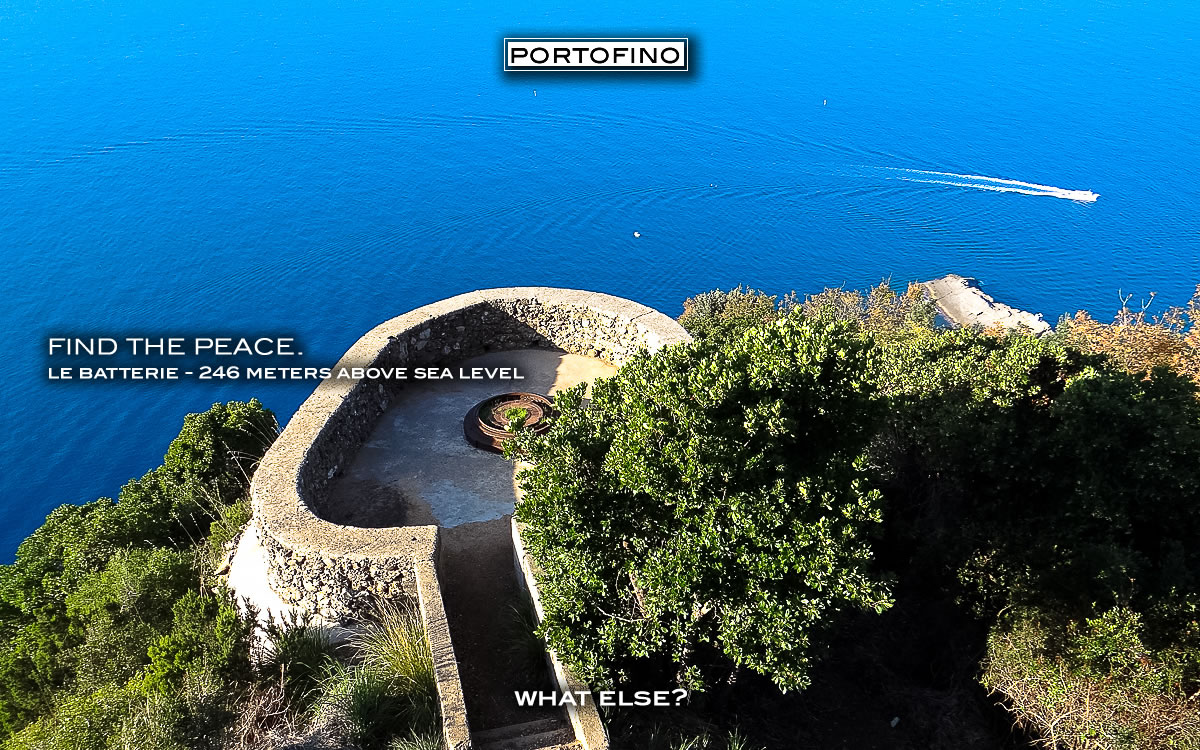
There is nothing in Italy more beautiful to me than the coast road between Genoa and Spezia,” wrote Dickens in his Pictures from Italy, and no sooner had we turned our backs on the great seaport, but not without a tinge of regret, than it became evident that his appreciation of the Riviera di Levante still holds good. San Martino d’Albaro, Sturla, and Quarto al Mare, the first localities to which the traveller along the Cornice conies, and the last-named famous as the place where Garibaldi, on May 5th, 1860, embarked for Sicily with the Thousand of Marseilles, are a little too near the city not to have felt its influence, but once you have passed beyond Quinto al Mare and reached Nervi, the coast scenery is every bit as fresh as in the days when this fine road was the sole means of travelling along the Ligurian littoral. The fact that our German cousins are in complete possession of Nervi is itself a high recommendation. Wherever they hibernate, there you may be certain to find the most perfect of natural conditions. Sheltered from the north winds by Monti Moro and Giugo, Nervi is a second San Remo. The mildness of its temperature, its luxurious gardens, and the beauty of its orange and lemon groves make it one of the most desirable spots of the eastern Riviera.
It would be difficult to find a place better suited for passing a quiet, healthful holiday. Appreciating its advantages to the full, the Germans gather there in large numbers every winter, and find, ready to their hand, every- thing which the most exacting invalid or tourist could demand. The innumerable hotels and tensions which have sprung up on the sunny slopes of the hills are all modelled to meet the requirements of German visitors, and the shops, with their notices in German, give one the same impression. Both the Antiquary and I were quick to observe this striking feature of Nervi, and the singular fewness of my countrymen and countrywomen. It appears, from what my friend tells me, that we English do not care to congregate in any large numbers where the Germans pitch their tents, and that as though the sight of a Teutonic face prevented us from appreciating the beauties of Nature and the sound of a Teutonic tongue marred the music of the sea we are apt to flee at the very approach of our enterprising cousins. And as we are often the first to discover these Italian and other resorts, we are thus, owing to our unconquerable prejudices, relinquishing our hold on some of the most delectable places in the world. Nervi and its neighbouring suburb, Capolungo, have no sooner been passed than the true character of the country through which you are to travel is suddenly revealed.
For a considerable part of the way to the Peninsula of Portofino, whose mighty wooded mass projects far into the sea in the distance, the road winds high above the rocky coast, enabling you, every now and then, to obtain some of the most exquisite views that the Mediterranean has to offer. The ceaseless fretting of the waves far below your feet, the white sails of feluccas slowly moving hither and thither over the blue expanse of water, the rugged coast line gradually fading into the distance, so that you rather divine than see its fine sweep at the base of the great peninsula, the dim patches of white and red which indicate where the fishing villages are situated; the olive groves and pine woods which border the white route; and especially the rich colouring which everything assumes in the morning sunlight all these are things which make your journey to Portofino a constant joy.
Portofino, a World apart.
